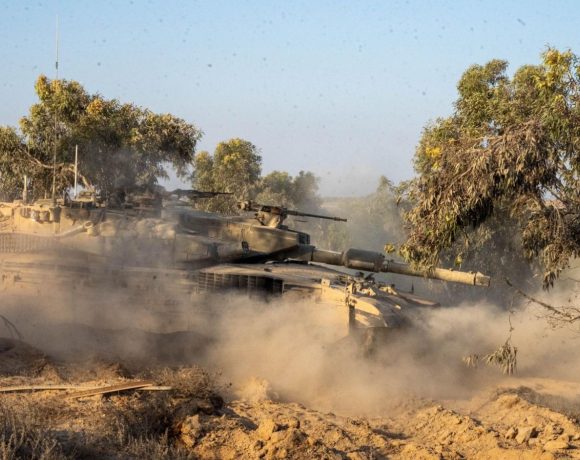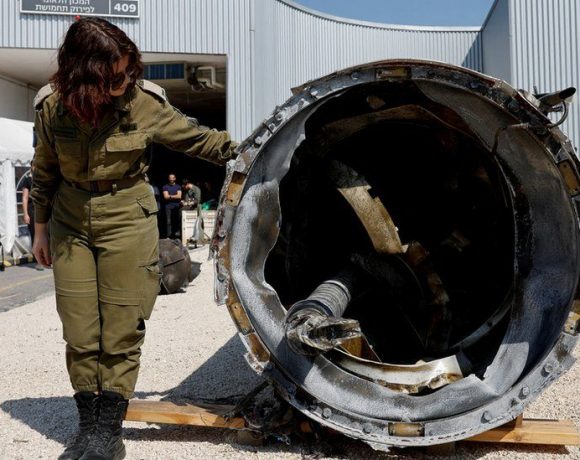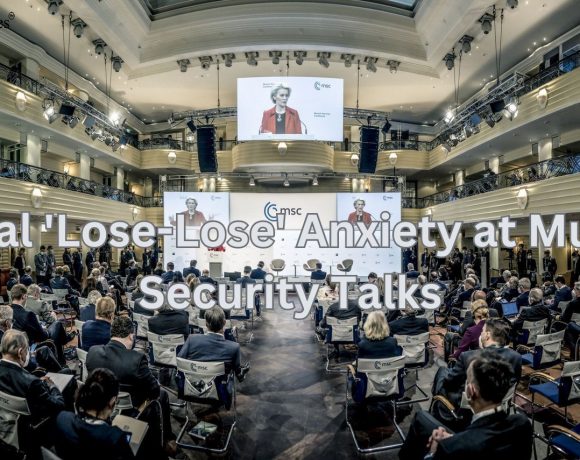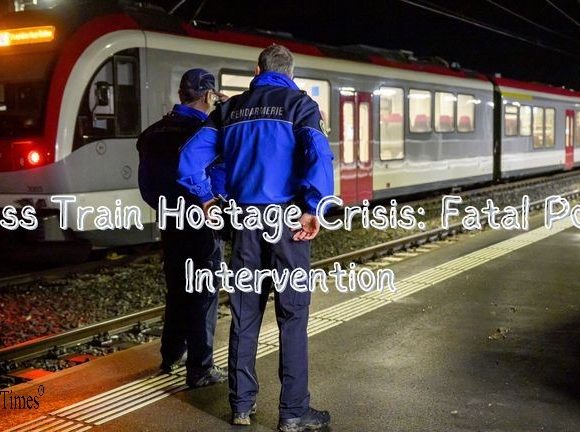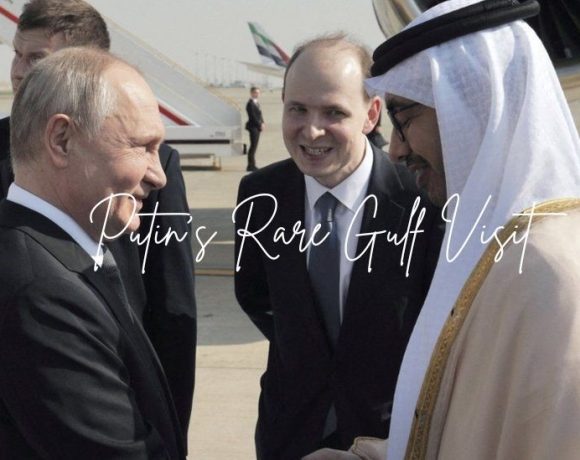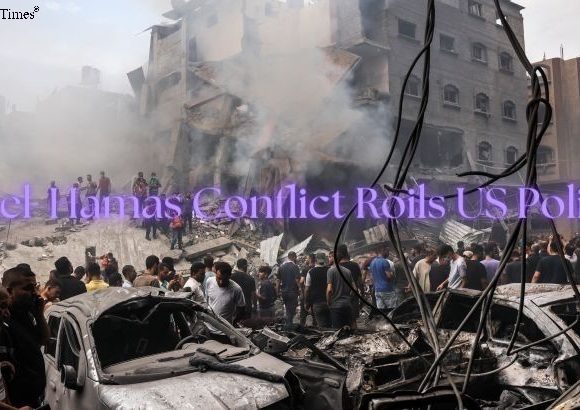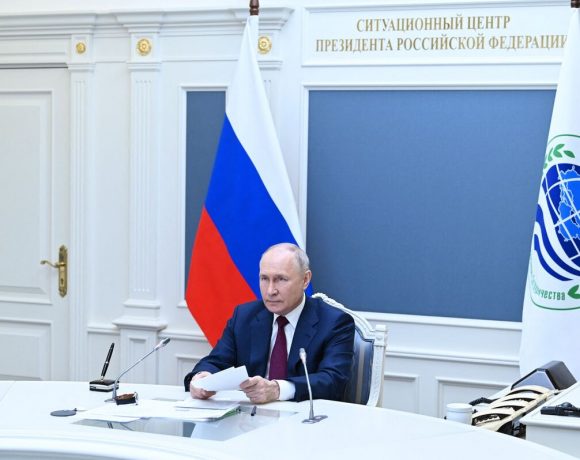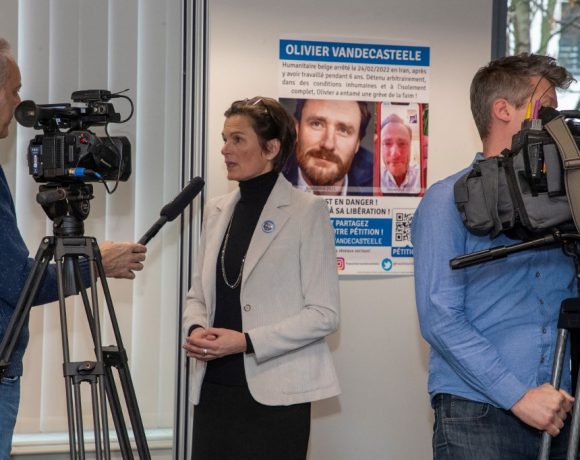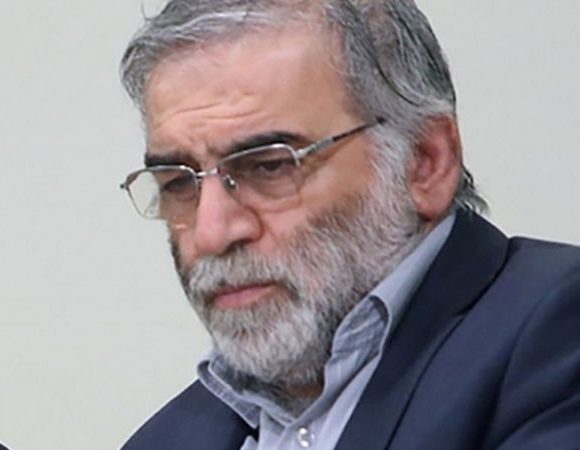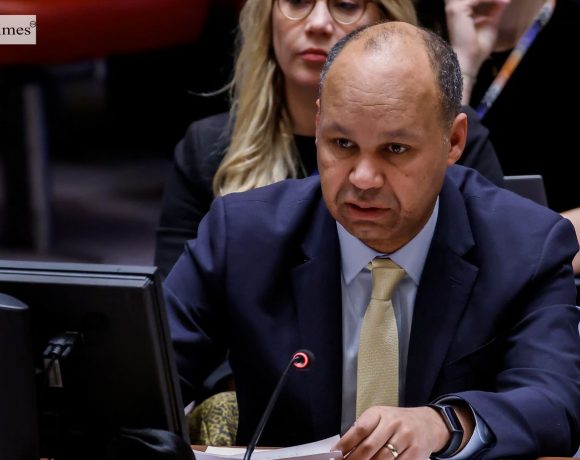
Britain has warned that it will trigger the return of U.N. sanctions on Iran if necessary to prevent Tehran from acquiring a nuclear weapon. This comes as the U.N. Security Council met behind closed doors to address Iran’s rapid uranium enrichment to 60% purity, nearing weapons-grade levels. Western nations argue that such high enrichment is unnecessary for civilian use, while Iran insists its nuclear program remains peaceful. Britain’s deputy U.N. Ambassador James Kariuki emphasized the country’s commitment to taking diplomatic measures, including sanctions, to curb Iran’s nuclear ambitions.
The U.S. and its allies have accused Iran of violating International Atomic Energy Agency (IAEA) obligations and defying the Security Council. Iran, in turn, has condemned the U.S. for what it calls the “weaponization” of the council to escalate economic pressure on Tehran. Meanwhile, China is set to host a meeting with Russia and Iran to discuss the nuclear issue, urging diplomatic efforts to salvage the Joint Comprehensive Plan of Action (JCPOA), the 2015 nuclear deal. China’s U.N. Ambassador Fu Cong warned that maximum pressure tactics would not yield effective results.
With the 2015 U.N. resolution on the Iran nuclear deal expiring in October, Britain, France, and Germany will soon lose the ability to trigger snapback sanctions. Former U.S. President Donald Trump has instructed diplomats to work with allies to reinstate international restrictions before the deadline. As tensions rise, the window for diplomatic negotiations appears to be closing, increasing the risk of renewed sanctions and further geopolitical friction.
Pic Courtesy: google/ images are subject to copyright

